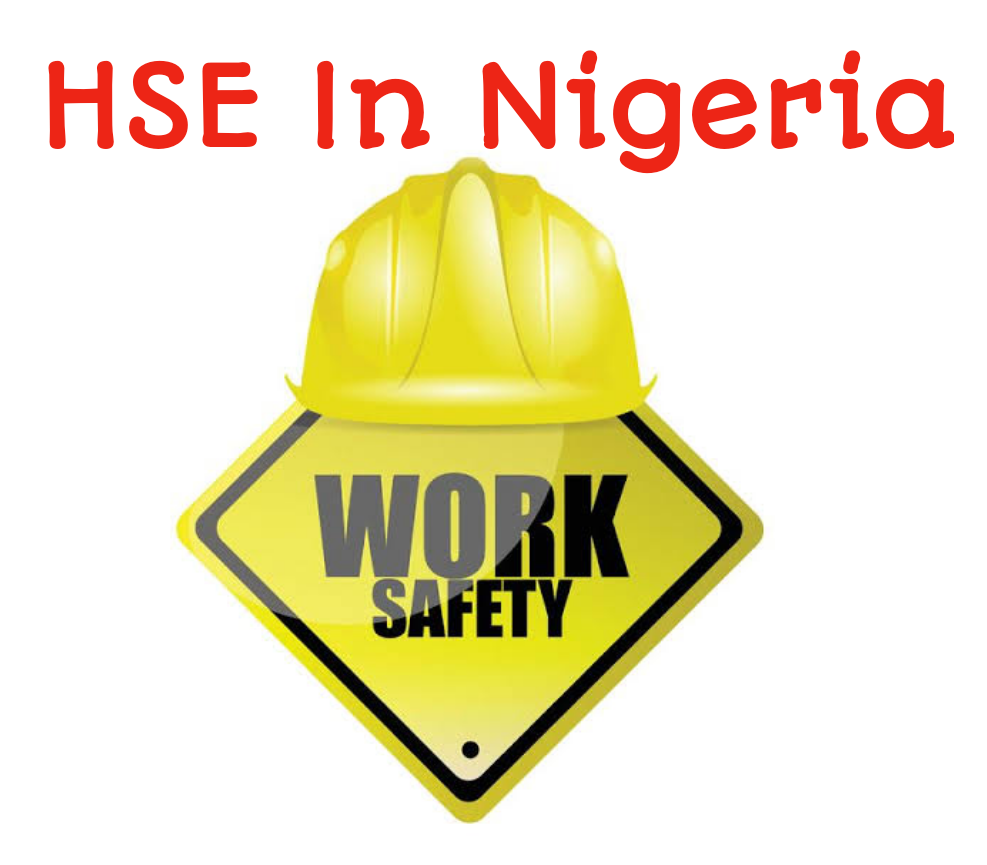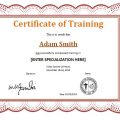
HSE is an acronym which stands for Health and Safety Environment Management. This involves managing, controlling and handling all aspects of health, safety and the environment in the oil and gas, construction manufacturing industries and other key sectors with key focus on major accident risk. Over 200 people are killed each year in accidents at work and over one million people are injured. In addition around two million persons suffer illnesses caused by, or made worse by, their work. Preventing accidents and ill health caused by work is a key priority for everyone at work. Improved health and safety standards also help companies become more effective to finish projects on time and improve their business profile with customers and clients. By introducing basic health and safety standards, organizations can understand the human capital benefits this has across the company. Health and safety information and training helps you to:
To Prevent Work-related Accidents: According to the world health organization, about 70% of workers do not have any insurance to compensate them in case of occupational diseases and injuries. Research has demonstrated that workplace health initiatives can help reduce sick leave absenteeism by 27% and health-care costs for companies by 26%. Work related accidents can be a huge source of worry, not just for employees, but also for the employer. For one, it makes you lose a great deal of working time, which will definitely affect the company’s productivity.
HSE training will boost your employment chances: If you really want to build a career in a particular profession it is highly advised that you take a related professional course. There is no doubt that by having a good HSE training certificate, you will boost your employment opportunities tremendously. Many companies will always want to hire people with knowledge that can benefit their venture. HSE training will give you that knowledge advantage, especially in Nigeria, where unemployment is rampant.
Develop a positive health & safety attitude: understanding the basics of health and safety can help reduce workplace accidents and injuries, saving companies from costly legal battles with employees and lifelong support for their families. In addition getting HSE training will instill in us a positive health and safety culture. This will transcend into not just your loved ones, but also your employees.
HSE training will enhance your company’s performance: Good health and safety measures mean that your staff can do their work more easily and safely. This will boost morale, increase productivity and reduce costs. HSE training will contribute towards making your employees sound in health & safety.
Who is an HSE professional?
A HSE professional is a trained and certified expert in Health and Safety Environment Management issues, they offer services across a range of organizations, from multinationals to small consultancies, and often work in unison with employers, employees, directors and trade unions.
How do I become HSE certified professional?
Step 1: Earn a Bachelor’s Degree-
The first step into a career in HSE is earning a bachelor’s degree in environmental health and safety or a related discipline, such as biology, chemistry, Biochemistry, Microbiology and other paramedical or allied courses.
Step 2: Gain Experience
Some (not all) employers may prefer to hire environmental safety specialists with 1-3 years of work experience. Applicants may want to look for government jobs, since many health and safety specialists are employed by federal, state and local government agencies, where they test drinking water, enforce product safety standards, clean up contaminated resources and inspect public spaces for health hazards. They also ensure that environmental regulations are met.
Step 3: Get a Professional Certification
Certification is not necessarily required by law, but voluntary certification could increase your job prospects. Specialty certifications are available from various professional boards and organizations. For example, individuals who monitor radiation can voluntarily pursue health physicist certification. Those who monitor air quality in industrial settings might obtain certification as an industrial hygienist while other major areas might require the NEBOSH International General Certificate (IGC) the most popular and recognized health and safety qualification.
Step 4: Pursue a Master’s Degree
Although very few universities in Nigeria offer master degree programs in HSE, numerous universities outside our shores offer master’s degree courses for those who seek advancement. Relevant master’s degree programs are available in environmental health and safety, industrial hygiene and health physics. Students in industrial hygiene programs can learn how to recognize work-related hazards to prevent employee illness and injury. NEBOSH offers three distinct HSE related Master of Science (MSc) degrees in partnership with the University of Hull they include:
MSc in Occupational Health, Safety and Environmental Management
MSc in Occupational Health and Safety Management
MSc in Environmental Management
These postgraduate degrees are meant for persons who wish to extend their academic achievement beyond the level of a NEBOSH Diploma qualification, in order to further advance their professional careers. The programs consist of online distance-learning taught modules on advanced topics relating to health, safety and environmental management and research dissertations that will be relevant to your own place of work.
World Safety Organization (WSO) Professional Certifications
The World Safety Organization offers a broad selection of professional certifications for Environmental and Occupational Safety and Health professionals worldwide. The prerequisite for obtaining any of the WSO Professional Certifications is a current Affiliate membership with the WSO.
HSE level 1 2&3 safety officer training
HSE level 1 (Award in Health and Safety at work) – This qualification is designed to provide you with the skills, principles, understanding and practices of workplace safety. This HSE level provides a starting point from which more detailed training in level 2 can follow.
HSE level 2 (Risk Assessment Practical Application) – This qualification is designed to help improve the workplace culture by enabling learners to understand the basic principles of risk assessment. This course is suitable and recommended for anyone in a work environment as it raises learners’ awareness of the concept of risk assessment.
HSE certification for corpers
Informed youth corpers know that it is very important that Corp members equip themselves with professional courses while serving. This training teaches corpers how to manage, control and handle all aspects of health, safety and the environment in the oil and gas, construction and manufacturing industries with the focus on major accident risk. Health Safety and Environment certified Professionals are on high demand in the Nigerian labor market and a professional certificate during your NYSC is essential to ace your dream job.
Health Safety & Environment (HSE) manual
A Health Safety & Environment (HSE) manual is usually an organization wide document that describes the overview of an organizations towards the Health Safety & Environment while an HSE plan is more product or process specific with possible risks and recommendations.What are the importance of first aid
Click On This Link to : Download Health Safety and Environment HSE Manual
Document Credit
U.S. Department of Health and Human Services
Public Health Service
Centers for Disease Control
National Institute for Occupational Safety and Health




